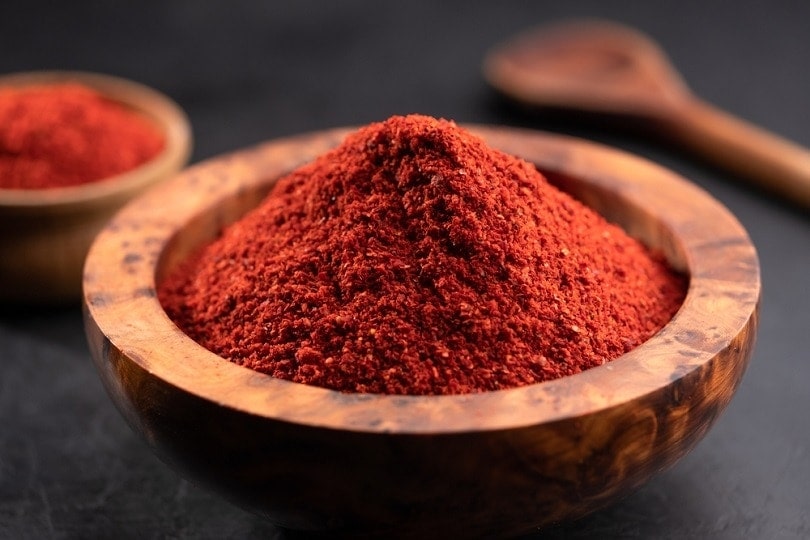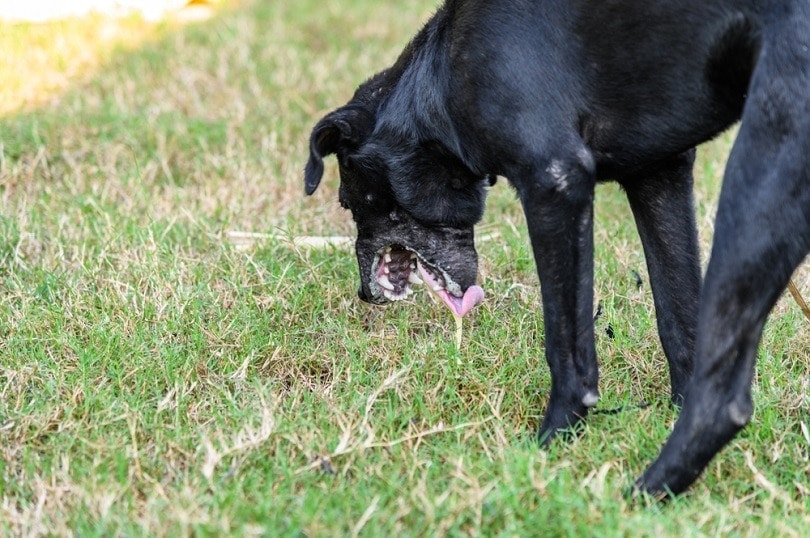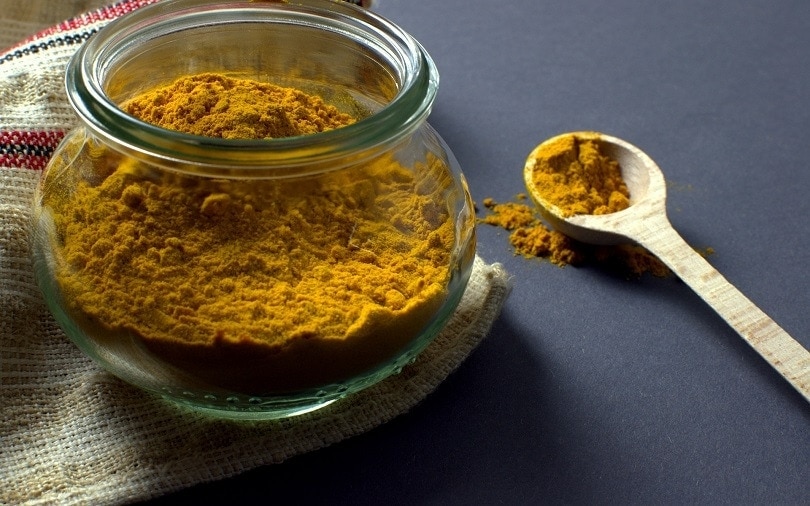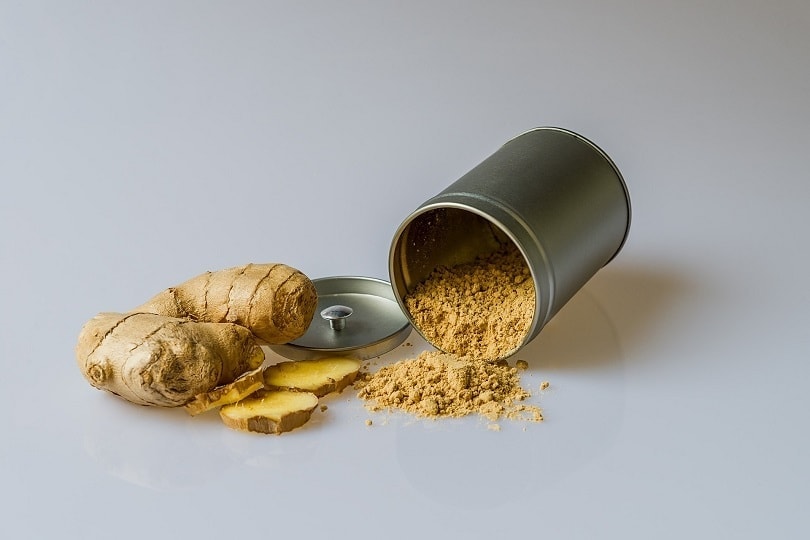Can Dogs Eat Paprika? Vet-Verified Nutrition Facts & Safety Guide

Updated on

Paprika is one of the world’s most commonly used spices. There are several different varieties, the two most common being sweet and hot. And each paprika blend adds a unique depth of flavor to any dish it’s combined with.
But is it good for dogs? Can dogs eat paprika? No, dogs should not eat paprika. While it is not toxic, it can be very irritating and you should avoid feeding it to your dog. Cayenne pepper, chili powder, and tabasco are all derived from the fruits of Capsicum species. It varies among species, but generally speaking, they can all be very irritating to your pup.
In this article, we’ll cover what paprika is, why your pup should avoid it, and some better spice alternatives for your dog.
What Is Paprika?
Depending on the sources, paprika is a finely ground powder of dried Capsicum annum (bell pepper) or a mixture of ground powder of more varieties of peppers: chili peppers and Aleppo peppers.
This spice can alter in taste from blend to blend depending on the ratio of peppers. Sweet paprika typically has more capsicum than other types of paprika and the chili seeds are removed during the creation process. This gives it a more mellow and sweet flavor. Hot paprika, on the other hand, has a spicier flavor as the chili seeds are left in during production. Inside of a pepper, chili seeds are what normally contain the most capsaicin, which is the element that provides the heat for a chili.
Hot paprika usually falls between 500–1,000 SHU on the Scoville scale—the scale that measures how hot a chili is. For a point of reference, jalapenos typically range between 2,500 and 8,000 SHU. Sweet paprika is exceptionally mild and only registers between 100 and 250 SHU.

Why Your Dog Should Avoid Paprika
Paprika is made from fruits of the genus Capsicum. They contain capsaicin and other derivatives from capsaicin which are responsible for paprika’s irritant power. While paprika is not outright dangerous, it can cause a variety of problems to your pup.
Hot Paprika Can Irritate the GI Tract
Dogs can’t handle spicy foods in the same way that humans can. Sweet paprika doesn’t pose much of a problem at all. However, hot paprika does.
Hot paprika is spicy enough to cause your dog to suffer from mouth irritation, indigestion, vomiting, or diarrhea when eaten in larger quantities. And while this is a rather unlikely circumstance, it’s still a possibility.

Paprika Contains Solanine
Another risk stemming from a massive paprika intake is solanine overdose. Solanine is found in members of the nightshade family, including potatoes, eggplant, and bell peppers. Large amounts of solanine can lead to drooling, vomiting, diarrhea, drowsiness, and weakness. However, your pup will have to consume enormous amounts of paprika for this to happen.
Paprika Can Be a Nasal Irritant
A dog’s sniffer is exponentially more powerful than our own and is much more susceptible to irritation. The capsaicin inside the paprika can irritate your dog’s nasal passage and cause a great deal of discomfort and may cause your pup to sneeze controllably for a few minutes.
What Are Some Safe Spice Alternatives for Dogs?
Not all spices and seasoning are irritating for your pup. Some of them are good and healthy for them to eat. Here are three different spices and seasonings that you can feed your dog instead of paprika:
Turmeric

Turmeric is a yellow root spice that may provide excellent benefits to your dog’s health. Its anti-inflammatory effects are widely recognized and proven. Turmeric could be used as a supplement if your dog suffers from arthritis, but you should always check the safety and the dose with your vet first.
Basil

This herb is rich in antioxidants and can help your pup relieve the ill effects of arthritis. However, if you’re planning to add a bit of basil to your dog’s meals, you should check with your vet first regarding amounts and frequency of administration.
Ginger

There are tons of spices and seasonings that if ingested will upset your dog’s digestive system. However, ginger isn’t one of those. It is believed that it can aid with digestion, soothe nausea, and have anti-inflammatory properties. If you’re going to use ginger in your dog’s diet, we recommend speaking to your vet first and using ground ginger because fresh ginger—even finely grated—can be overly powerful.
Final Thoughts
While paprika might not be the ideal spice for your pup, there are some suitable replacements if you’re trying to spice up your dog’s diet—pun intended. However, you should keep in mind that none of these spices are an essential part of your dog’s diet.
But if you do want to supplement their meals, be sure to do so in a controlled manner. Always check with your veterinarian before making any additions. If given the green light, ensure that you make gradual changes to monitor for any adverse reactions.
See Also:













